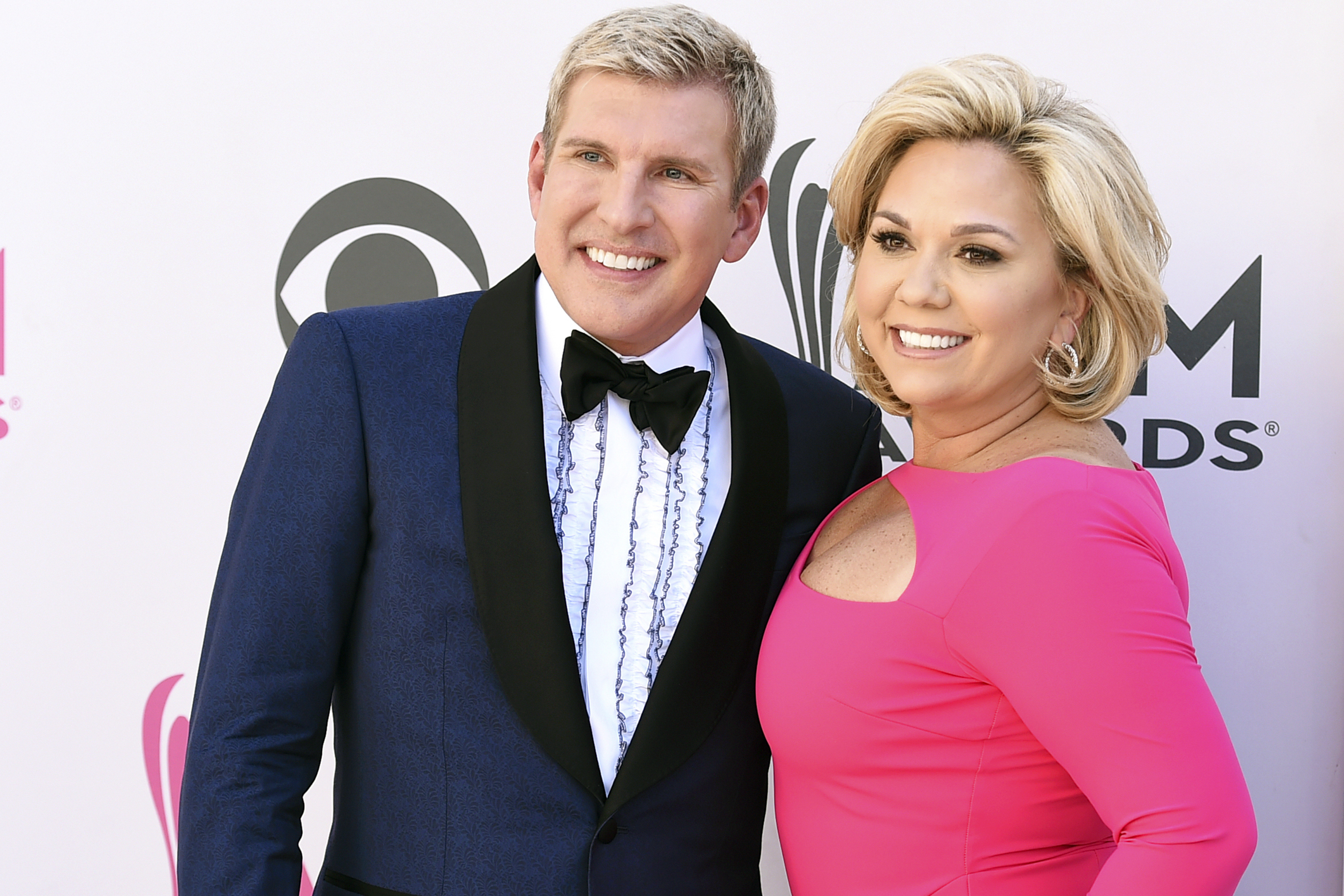British Prime Minister Theresa May was seeking a Brexit lifeline from European Union leaders Thursday after winning a no-confidence vote among her own Conservative lawmakers at home — a victory won only after she put a time limit on her leadership.
May won the vote in London on Wednesday night after promising lawmakers privately that she would quit before Britain's next national election, which is scheduled for 2022.
Arriving in Brussels for an EU summit, May said "in my heart, I would love to be able to lead the Conservative Party into the next general election."
"But I think it is right that the party feels that it would prefer to go into that election with a new leader," May said. She didn't specify a date for her departure.
May headed to the EU summit in Brussels seeking reassurances about the divorce deal that she can use to win over a skeptical British Parliament, particularly pro-Brexit lawmakers whose loathing of the deal triggered the challenge to her leadership.
May caused an uproar in Parliament on Monday when she scrapped a planned vote on her Brexit divorce deal at the last minute to avoid a heavy defeat. Two days later she won a leadership vote among Conservative lawmakers by 200 votes to 117.
The victory gives May a reprieve — the party can't challenge her again for a year. But the size of the rebellion underscores the unpopularity of her Brexit plan.
U.S. & World
The EU is adamant there can be no substantive changes to the legally binding agreement on Britain's withdrawal from the bloc but have suggested that there could be some "clarifications."
"The deal itself is non-negotiable," Dutch Prime Minister Mark Rutte said in Brussels. "So today is about clarification."
Rutte said EU leaders were willing to listen to May, who will address them before a summit dinner where they will discuss Brexit — and eat the meal — without her.
May said her focus "is on ensuring that I can get those assurances that we need to get this deal over the line."
"I don't expect an immediate breakthrough, but what I do hope is that we can start work as quickly as possible on the assurances that are necessary," she said.
U.K. Brexit Secretary Stephen Barclay told the BBC that there were signs of "positive" movement from the EU on the most intractable issue — a legal guarantee designed to prevent physical border controls being imposed between Northern Ireland, which is part of the U.K., and the Republic of Ireland, a member of the EU.
The provision, known as the backstop, would keep the U.K. part of the EU customs union if the two sides couldn't agree on another way to avoid a hard border.
Pro-Brexit lawmakers strongly oppose the backstop, because it keeps Britain bound to EU trade rules, and unable to leave without the bloc's consent. Pro-EU politicians consider it an unwieldy, inferior alternative to staying in the bloc.
Irish Prime Minister Leo Varadkar said he discussed possible remedies in a meeting with May on the sidelines of the summit.
"Some of the suggestions she made made sense, others I thought were difficult," he said.
Varadkar said the EU might be able to give Britain "a greater assurance" that speedy talks on a new U.K.-EU trade deal would mean the backstop would never need to be used.
Among EU leaders there is sympathy for May's predicament, but also exasperation at Britain's political mess, and little appetite to reopen the negotiations.
"I don't see that we can change this withdrawal agreement again," German Chancellor Angela Merkel said. "We can, of course, talk about whether there should be additional assurances, but the 27 member states will be very united on this and make their interests clear."
She said the bloc wanted to "have very, very good relations with Britain after Britain's withdrawal."
On Thursday, the German parliament approved a motion stating that the Brexit deal can't be renegotiated. The largely symbolic motion states that "there will not be an agreement that is better and fairer for both sides. Any hope that a rejection of the agreement could lead to its renegotiation must prove to be illusory."
Meanwhile, the clock is ticking down to Britain's departure from the bloc, which is due to take place on March 29 — deal or no deal. A parliamentary schedule published Thursday indicated the Brexit deal won't be debated or voted on before Britain's House of Commons adjourns for a two-week Christmas break on Dec. 20.
The no-confidence vote has left lawmakers from the governing Conservative Party at loggerheads over the way ahead — for Brexit and for May.
Dominic Raab, the U.K. Brexit secretary who quit last month in opposition to May's deal, confirmed that he had voted against her in the party confidence ballot.
"(Now) we will have to back her as best we can," he said, adding that, given the scale of the opposition May faces, "it looks very difficult to see how this prime minister can lead us forward."
Foreign Minister Alistair Burt said in a tweet that Conservative Brexiteers would never be satisfied.
"They never, ever stop. ... After the apocalypse, all that will be left will be ants and Tory MPs complaining about Europe and their leader," he wrote.
___
Danica Kirka reported from London. Geir Moulson in Berlin and Lorne Cook in Brussels contributed to this story.



